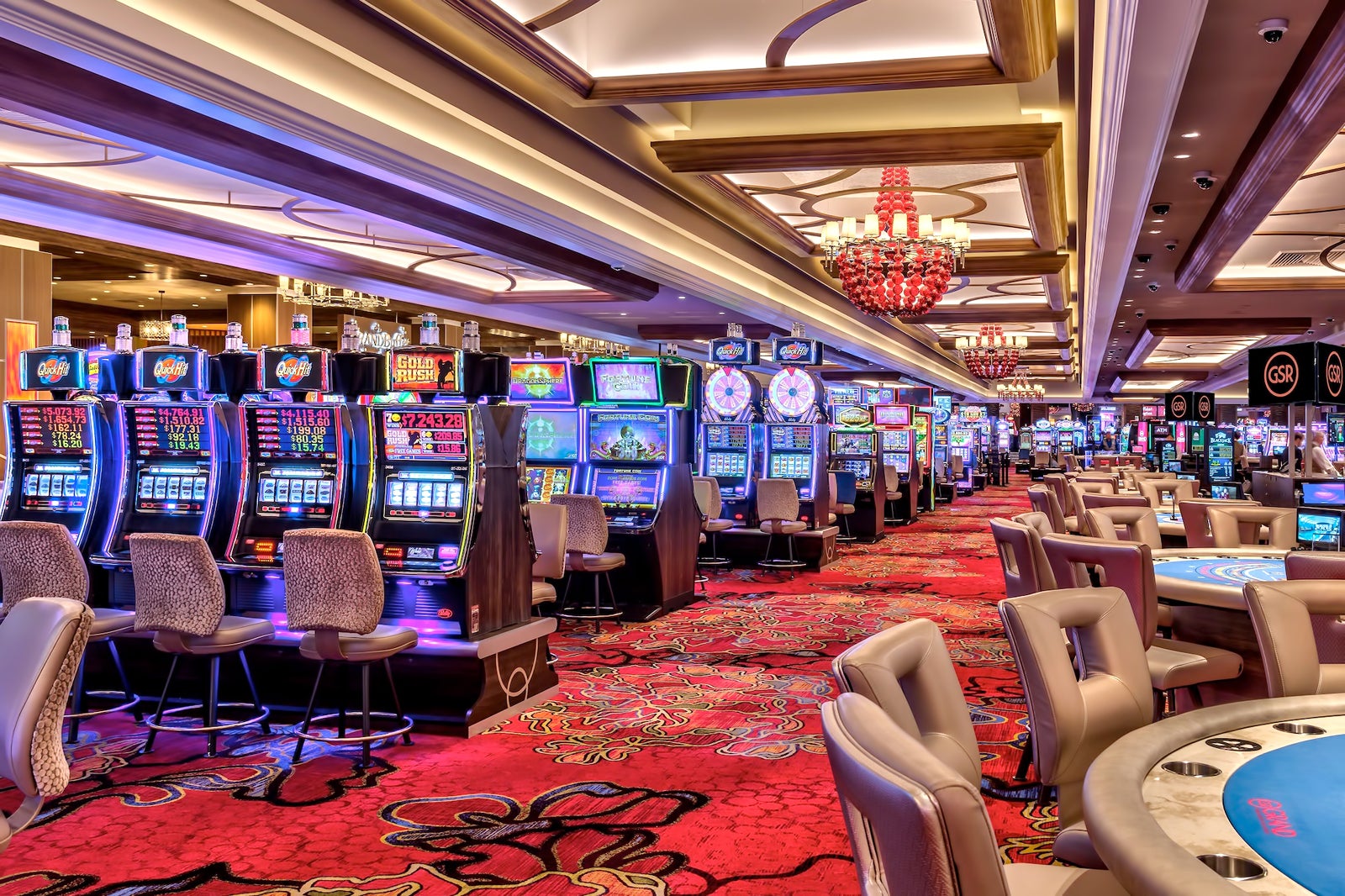
Gambling games have long captured the interest of individuals around the world, becoming an essential part of both leisure and tradition. From the sparkling lights of Nevada to the captivating experience of virtual casinos, these games evoke enthusiasm, risk, and sometimes even a sense of sentimentality. They are more than just hobbies; they have woven themselves into the texture of society, influencing various aspects from cinema and songs to style and books.
The charm of casino games transcends the betting aspect, tapping into wider themes of serendipity, risk, and human behavior. As players gather around a gaming table or spin the wheel of fortune, they engage in an timeless ritual that resonates with our shared desire for adventure and uncertainty. This obsession has led to the emergence of countless references in cinema, songs, and gaming, showcasing how strongly entrenched these games are in popular culture. Whether it is the intense drama of a traditional heist movie or the colorful nightlife portrayed in recordings, casino games have established a substantial place that reflects our bond with reward.
Social Importance of Gambling Activities
Casino activities have played a crucial role in cultural contexts throughout the ages. Originating from ancient civilizations, games of chance were often connected to rituals or gatherings. For instance, early iterations of gambling can be traced back to historic China and the Roman Empire, where die games and betting on outcomes were common pastimes. These activities not only served as entertainment but also as means of connecting people, facilitating connections among people within societies.
As societies evolved, so did the complexity and organization of gambling games. The creation of formal casinos in the 17th century, particularly in the Italian region, marked a major shift in how games were perceived and organized. With designated spaces for gaming, the casino became a social hub where people from different backgrounds gathered. This evolution contributed to the validation of gambling, transforming it from a mere pastime into an organized industry that shaped economy and policy.
The impact of gambling activities on popular culture cannot be overlooked. As they were brought into the limelight in literature and movies, games such as Texas Hold’em and 21 became symbols of risk, luck, and tactics. Iconic figures and stories have developed around these activities, illustrating societal views towards luck, prosperity, and vice. This fascination with gambling games has permeated various forms of entertainment, solidifying their status in the collective consciousness and linking them to wider cultural narratives throughout the ages.
Representation of Gambling Activities in Media
Gambling games have long been a popular theme in various forms of media, reflecting both the fascination and intricacies of gambling culture. Films such as Ocean’s 11 and Casino Royale portray individuals who navigate intense situations, showcasing not only the allure of the casino atmosphere but also the methods and choices that come with playing popular games like Texas Hold’em and 21. These films often dramatize the thrill of winning and the potential results of losing, encapsulating the perils involved in betting.
Television shows have also explored the realm of casino games, often integrating them into the storyline as a setting for story progression and drama. Shows like Vegas depict the lives of casino workers and patrons, highlighting the lively, often tumultuous energy of the casino floor. Reality shows featuring intense betting contests further emphasize the fascination of gambling activities, drawing viewers into the tension and tactics involved in each game. Through these representations, media not only amuses but also stimulates conversations about luck, skill, and the essence of chance.
Gaming have increasingly incorporated gambling activities into their development, allowing players to recreate the experience of gambling without financial exposure. Titles within the landscape of online gaming often include online slot machines, poker, and other popular casino games, creating an engaging environment that mirrors real-life gameplay. These digital representations make casino games accessible to a global audience, appealing to both risk-takers and those who enjoy the thrill of virtual experiences. As a result, the representation of casino games in media continues to shape societal views and importance, highlighting their place in society and social context.
Impact of Gambling Activities on Communities
Casino games have a significant impact on society, influencing multiple aspects of culture and social behavior. They often function as a venue for social interaction, where people come together to experience a shared activity. Game nights with friends or visits to casinos become social activities that foster connections and create memories. This communal aspect enhances the entertainment value of casino games, making them a popular choice for festivities and recreational pursuits.
Additionally, casino games have been portrayed in countless movies, TV series, and written works, shaping perceptions and opinions towards gaming and betting. đá gà thomo Icons like James Bond competing in baccarat or the high-stakes poker scenes in films have embedded these games in the shared imagination. This depiction often glamorizes the culture associated with gambling, attracting new players and influencing trends in both style and behavior. These representations can ignite curiosity and lead to a more profound exploration of the intricacies of gaming.
Nonetheless, there are also adverse consequences linked to the popularity of casino games. The allure of quick monetary gain can lead to gambling addiction and financial troubles for some individuals. The community must grapple with these issues, advocating for responsible gambling and education of the risks involved. Finding a balance between the entertainment value of casino games with the potential for harm is crucial to ensure that they remain a beneficial aspect of our cultural landscape.